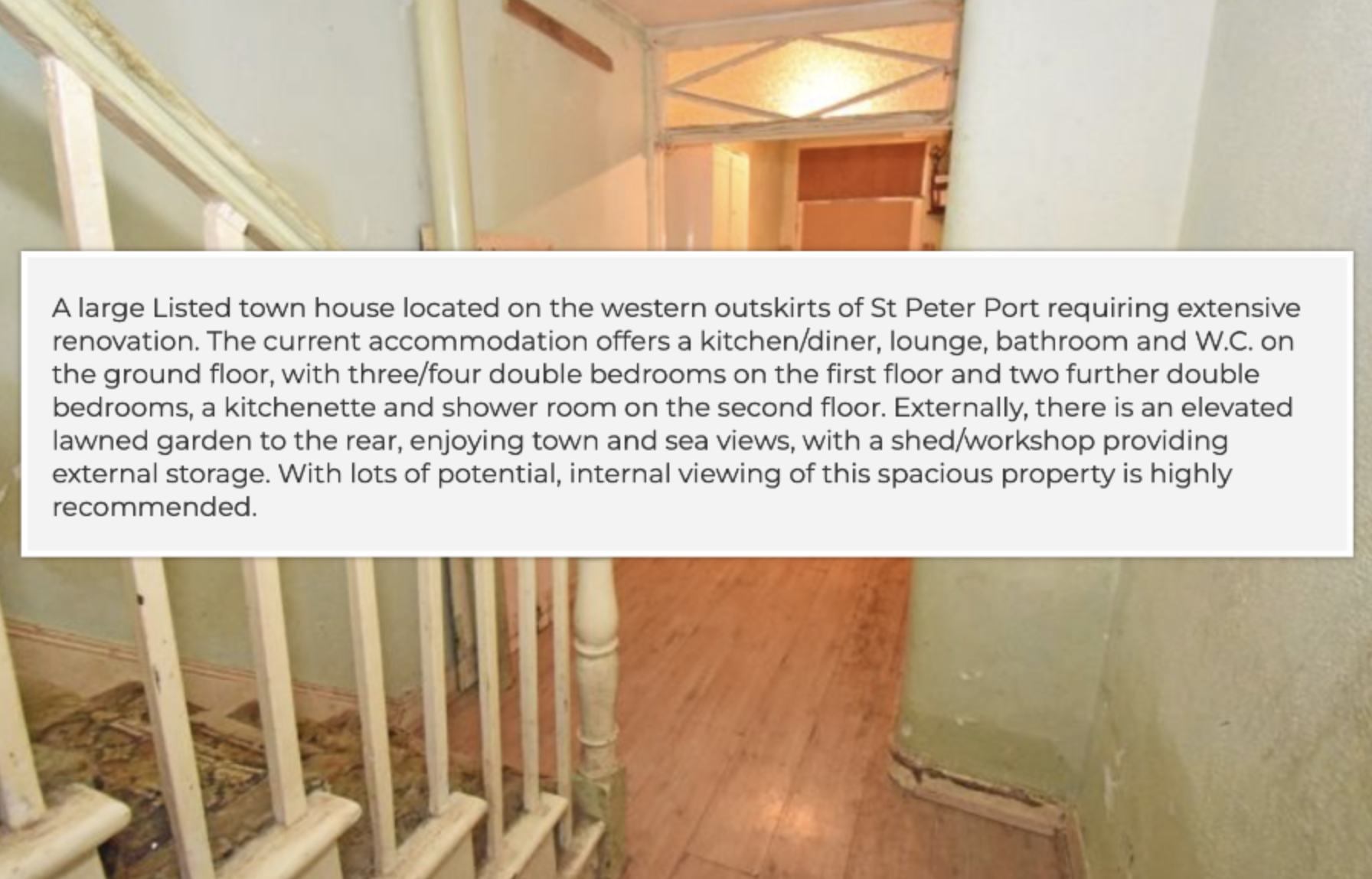


The slowdown in residential property sales is expected to have a "detrimental impact" on the island's construction industry in the second half of this year while the upcoming debate on States capital spending is already being linked to "doubt" within the sector.
The Guernsey Building Trades Employers Association has warned that while its members are currently busy, "the outlook towards the later part of this year is less certain".
Potential customers have reported long wait times for booking in residential construction projects but that may ease with fewer home improvement projects being expected according to the GBTEA.
Additionally, with question marks over the future of the island's capital projects including the labour intensive hospital redevelopment and post-16 campus plans, some construction firms may have capacity to take on projects in the residential market.

Pictured: The GBTEA represents all manner of construction firms including those specialising in interior and exterior works, equipment suppliers and maintenance professionals.
"...whilst most GBTEA members are currently busy and there is a shortage of skilled labour on the island, the outlook towards the later part of the year is less certain. The recent reduction noted in property sales is likely to follow through to less home improvement projects," the GBTEA committee said.
"In addition, the States of Guernsey’s decision to defer all Capital Projects until after their July meeting and the debate about cost reductions in States expenditure generally has created further doubt regarding the future level of States spending on construction related projects, all having a detrimental impact on the industry."
Property sales dropped by around half in March 2023, compared to the year before, giving weight to the GBTEA's concerns over a decreasing number of home improvement projects planned by new owners.
There were 113 local market transactions during the first three months of this year, with 44 in March compared to 81 in March last year and 199 during the first quarter of 2022.
14 open market properties were sold during the first quarter of this year compared to 26 last year.

Pictured: A number of 'renovation projects' are available to buy locally.
The GBTEA's concerns over the slowdown in the property market was echoed by the Institute of Director's lead on economics in Guernsey.
Richard Hemans said that "...it is difficult and risky to draw conclusions from one quarter in isolation," but the most recent quarterly figures published "are somewhat concerning because they indicate the local property market is slowing faster and further than expected".
The figures for the first quarter of 2023, covering January to March showed that house prices had started to fall after hitting new heights in the post-covid price boom. The number of transactions had slowed with the lowest amount to go through court in at least 25 years.
Mr Hemans did say that looking at the year on year picture is more promising with local market property prices still increasing by 14% year on year, although they are also starting to slow.
He said transaction volumes are definitely slowing though, with upcoming sales a key factor in how the market may evolve next.

Pictured: Richard Hemans, the IoD lead on economics for Guernsey.
"These latest quarterly figures do suggest the market may be at a turning point - and the Q2 2023 data will be critical in understanding whether Q1 was just an anomaly, or the start of sustained weakness," he said.
"Most of the indicators in the bulletin predict a softer period for the Guernsey property market. Affordability remains stretched and exceeds any level recorded in the last decade. It is taking longer to sell a property than a year ago. The discount sellers are having to accept is steepening, reaching 7% versus 3% a year ago.
"Turning to the rental market, the four-quarter rolling average for rental price growth also continues to slow, increasing by 8% year on year. Rental prices are rising more slowly than inflation and affordability has stabilised, although they still remain elevated and consume a staggering 54% of median earnings."
Mr Hemans said 2023 could see the lowest number of transactions for many years, with other factors also affecting the wider property market such as "the knocks to household incomes from inflation and higher taxation" meaning there is likely to be "further declines in transactions and price growth this year".
OPINION: Will the States really try to drive down house prices
Average house prices soar over 50% in half a decade |
House prices remain 10% higher than last year
“A little of the heat has come out of the housing market”
Comments
Comments on this story express the views of the commentator only, not Bailiwick Publishing. We are unable to guarantee the accuracy of any of those comments.